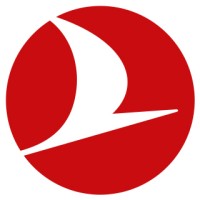
Iberia Express
We are part of the Iberia Group, the leading low-cost airline at Madrid airport and on routes to the Canary and Balearic Islands. Our hybrid “low cost, high quality” business model combines great efficiency with a customer experience that includes connecting flights and Business Class service. In 2024, we were the world’s most punctual low-cost airline and the most punctual airline in Europe, according to consultancy firm Cirium. We operate a highly efficient fleet of 25 aircraft, which will help us meet our commitment to net zero emissions by 2050. The Iberia Express team is made up of more than 900 employees who share and promote the values of teamwork, warmth, and kindness, which are the core of our company’s DNA, as well as diversity in all areas.






